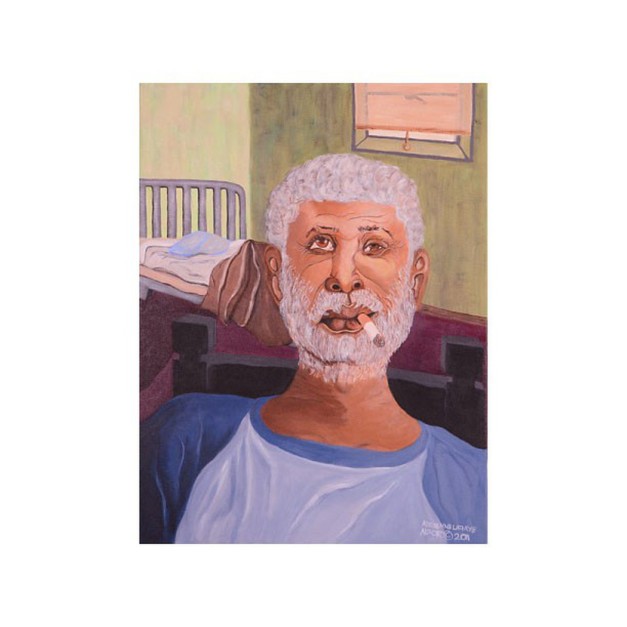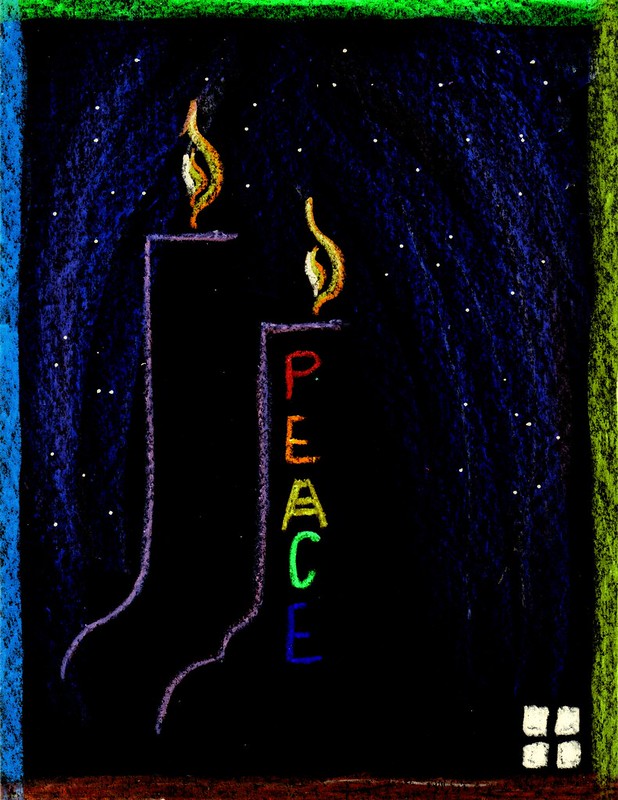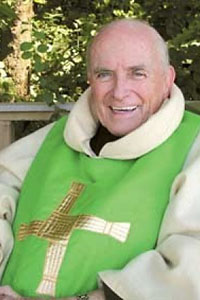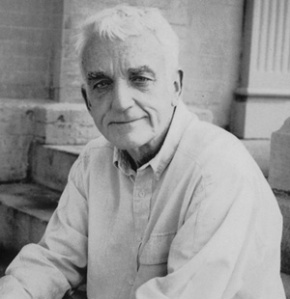“Consumerism, instead of satisfying needs, constantly creates new ones, often generating excessive activism. Everything seems necessary and urgent and one risks not even finding the time to be alone with oneself for a while. St Augustine’s warning is more timely than ever. “Enter again into yourself.” Yes, we must enter again into ourselves if we want to find ourselves. Not only our spiritual life is at stake but indeed our personal, family and social equilibrium itself. One of the meanings of penitential fasting is to help us recover an interior life. The effort of moderation in food also extends to other things that are not necessary, and this is a great help to the spiritual life. Moderation, recollection and prayer go hand in hand.” – Pope John Paul II http://www.ewtn.com/library/PAPALDOC/JP960310.HTM
“…go back through history and inquire into the ancient origins of fasting. It is not a recent invention; it is an heirloom handed down by our fathers. Everything distinguished by antiquity is venerable. Have respect for the antiquity of fasting. It is as old as humanity itself; it was prescribed in Paradise…. Fasting gives birth to prophets and strengthens the powerful; fasting makes lawgivers wise. Fasting is a good safeguard for the soul, a steadfast companion for the body, a weapon for the valiant, and a gymnasium for athletes.” – Basil “Homily on Fasting” http://www.hsir.org/pdfs/2009/03/04/20090304aStBasilOnFasting%20Folder/20090304aStBasilOnFasting.pdf
“Fasting is a person’s whole-body, natural response to life’s sacred moments… not an instrument designed to get desired results. The focus in the Christian tradition is not ‘if you fast you will get,’ but ‘when this happens, God’s people fast.” – Scot McKnight, Fasting p. ix, xvii
“Each time we feel hunger or resist the temptation to eat and drink we are reminded of why we are not eating or drinking, namely because we want to become people whose entire heart, mind, soul, and strength are devoted to loving God. We can also give our surplus to others who are in need and learn to use the things of this world properly. Should we be attracted to fasting for less worthwhile reasons, such as losing weight for cosmetic reasons, these very thoughts help us recognize the mixed nature of our motives.” – Diogenes Allen, Spiritual Theology p. 83
“We must be careful not to make a formal fasting, or one that in truth “satisfies” us because it makes us feel as though we have all in order. Fasting makes sense if it really affects our security, and also if a benefit to others comes from it, if it helps us to grow in the spirit of the Good Samaritan, who bends down to his brother in need and takes care of him. Fasting involves choosing a sober life, which does not waste, which does not “discard”. Fasting helps us to train the heart to essentiality and sharing. It is a sign of awareness and responsibility in the face of injustices, abuses, especially towards the poor and the little ones, and is a sign of our trust in God and His providence.” – Pope Francis http://en.radiovaticana.va/storico/2014/03/05/pope_francis_celebrates_ash_wednesday_mass/en1-778966
“It is not the uncleanness of meat that I fear, but the uncleanness of an incontinent appetite. I know that permission was granted Noah to eat every kind of flesh that was good for food; that Elijah was fed with flesh; that John, blessed with a wonderful abstinence, was not polluted by the living creatures (that is, the locusts) on which he fed. But I also know that Esau was deceived by his hungering after lentils and that David blamed himself for desiring water, and that our King was tempted not by flesh but by bread. And, thus, the people in the wilderness truly deserved their reproof, not because they desired meat, but because in their desire for food they murmured against the Lord. Set down, then, in the midst of these temptations, I strive daily against my appetite for food and drink. For it is not the kind of appetite I am able to deal with by cutting it off once for all, and thereafter not touching it, as I was able to do with fornication. The bridle of the throat, therefore, must be held in the mean between slackness and tightness.” Augustine, Confessions, XXXI
“…fasting represents an important ascetical practice, a spiritual arm to do battle against every possible disordered attachment to ourselves. Freely chosen detachment from the pleasure of food and other material goods helps the disciple of Christ to control the appetites of nature, weakened by original sin, whose negative effects impact the entire human person. Quite opportunely, an ancient hymn of the Lenten liturgy exhorts: ‘Utamur ergo parcius, / verbis cibis et potibus, / somno, iocis et arctius / perstemus in custodia – Let us use sparingly words, food and drink, sleep and amusements. May we be more alert in the custody of our senses.’” – Pope Benedict XVI http://w2.vatican.va/content/benedict-xvi/en/messages/lent/documents/hf_ben-xvi_mes_20081211_lent-2009.html
“Fasting loves not many words, deems wealth superfluous, scorns pride, commends humility, helps man to perceive what is frail and paltry.” – Augustine, Sermon LXXII
This last quote is not like the others, but I’m fascinated by the physical correlation to our spiritual practices. How does letting go of what is superfluous renew our grasp on what is essential? Fasting actually prompts our bodies to seek energy from other sources than bread alone, trains them to seek the good and release the bad, and triggers healing processes on a cellular level. “Free radicals can be generated by poorly functioning mitochondria (the powerhouses of the cell). The switch between eating normally and fasting causes cells to temporarily experience lower-than-usual levels of glucose (blood sugar), and they are forced to begin using other sources of less readily available energy, like fatty acids. This can cause the cells to turn on survival processes to remove the unhealthy mitochondria and replace them with healthy ones over time, thus reducing the production of free radicals in the long-term.” – Douglas Bennion, Martin Wegman, and Michael Guo http://theconversation.com/feast-then-famine-how-fasting-might-make-our-cells-more-resilient-to-stress-38808





